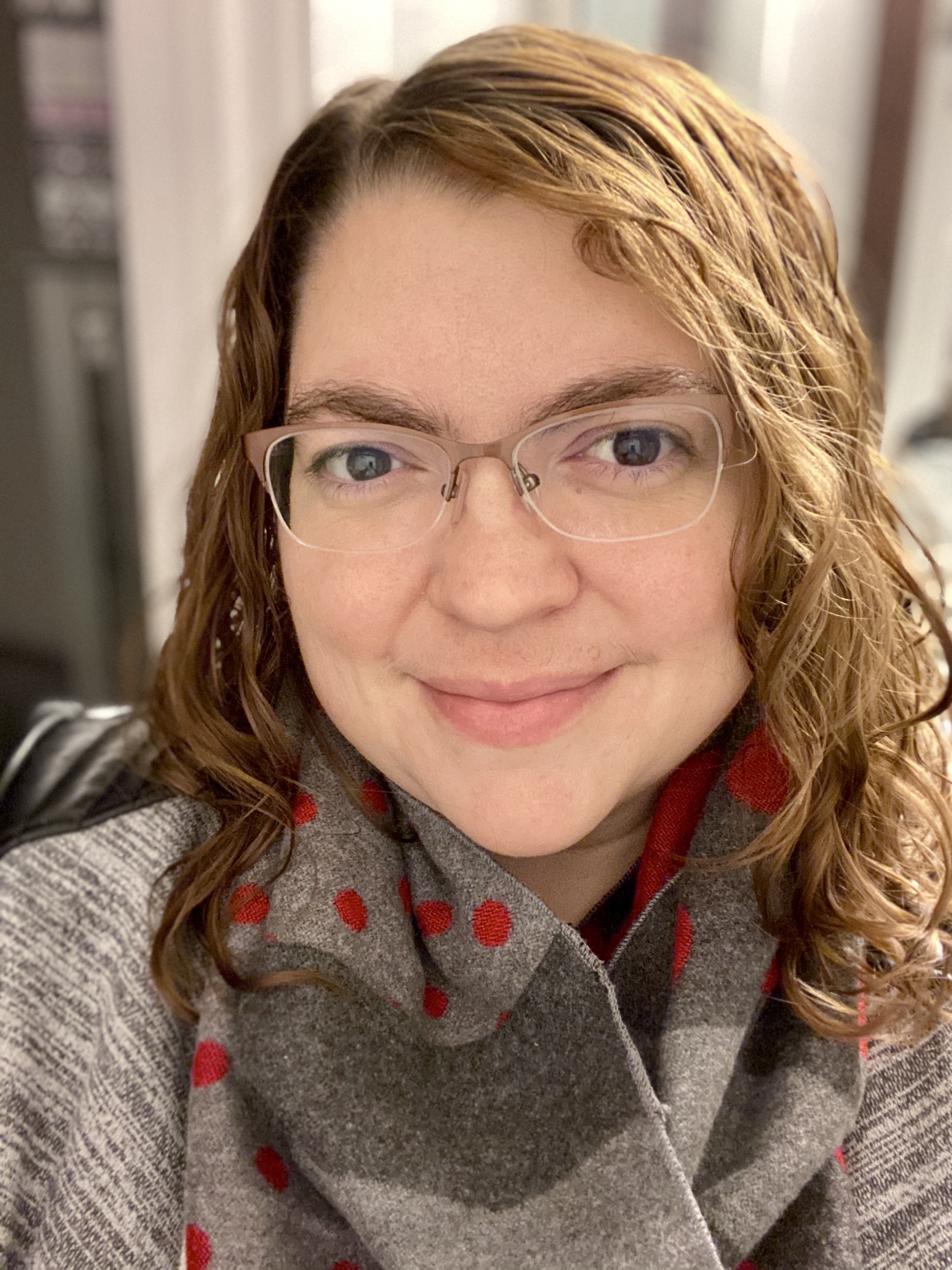I cannot compartmentalize this. This virus. This disease. This global pandemic. This grief. This physical separation. This anxiety. This new way of life, even if temporary. It’s all with me, and with me all the time.
It’s with me when I’m working from home. When I’m sleeping. When I’m taking walks. When I’m FaceTiming with friends and family. When I’m trying to escape through Netflix or reading. When I’m strategically planning out meals and making cost/risks analysis on when or if to get groceries.
My MO is to compartmentalize. This act of assuaging anxiety or avoiding cognitive dissonance by separating out the bad stuff, or as people say, putting it in a box on a shelf, is often cited as an unhealthy way of coping, but that’s not always the case. For me, compartmentalizing doesn’t mean I just ignore my problems. I confront them, explore my emotions, and deal with underlying issues as much as I can. But dealing with the issue doesn’t mean it just completely goes away. So, I compartmentalize. What I don’t do is let the bad stuff infiltrate other parts of my life. What I don’t do is let it affect my day-to-day existence. What I don’t do is let it affect my happiness.
But then a novel coronavirus started killing people in Wuhan, China. Eventually, officials quarantined the city, but it was too late. It spread worldwide. Italy locked down. Soon after, the U.S. confirmed its first case.
I started working from home and physically distancing Wednesday, March 11. That day I went to the store, stocking up for a few weeks but not hoarding. The toilet paper and Clorox wipes were already gone, but my friend generously gave me some wipes and a few days later I found a small pack of toilet paper at another grocery store. I felt prepared. I knew I could perform my job remotely. I had a safe place to quarantine and a roommate to keep me company. I knew my family – even though very far away – was okay. I was okay.
Four days later I had a mild meltdown. My first day of legitimely freaking out – feeling like I almost couldn’t function – hit me out of nowhere. A lot of people I knew were concerned about staying safe, about making sure they did not get the virus. But that wasn’t really what worried me at first. Over the course of the first few days, what was on my mind was how much this was going to turn our lives inside out – not the lockdown, but what would come after the lockdown.
From there, it spiraled. And now it comes in cycles. Some days I am overwhelmed with thoughts of what all this means for our collective and individual long term futures, other days I can’t stop thinking about the best way to protect myself from the virus, knowing that I am not a healthy person.
I am constantly wrestling with questions: To wear a mask or not? Eat take out or only eat food I cook? Do I even go to the store? What to do about necessities you can’t order for pickup from the store? Take a walk or not? Where is the safest but also least crowded place to walk? How to avoid neighbors inside my apartment complex? Should I buy a pulse oximeter? If testing becomes more widely available, should I get tested?
And the facts are changing every single day. The longer this goes on, the more we learn, sometimes it feels we are learning less.
I’ve never been busier with work, but most of the time my mind is occupied with these questions – even if it’s just in the background. This is why I wish I could compartmentalize right now, something even some therapists encourage to help deal with the stress and anxiety associated with COVID-19.
But I can’t.
And maybe that’s a good thing. Because after all this is done, I don’t want to go back to the old normal.
One thing I actually find comforting is the potential for what has been dubbed The Great Pause to be a catalyst for positive change, whether that’s overhauling our healthcare system or the benefits shutdowns are having on our environment.
I am not as positive as others when it comes to changing our country, but I do have some hope. What makes it harder, at least for me, is my tendency toward complacency.
I am actually thankful for my anxiety – it keeps complacency at bay. I need it to keep me alert, to keep me pushing for change once we do start to get past this.
That day I started to have a meltdown, the thing that got me through it was a single thought: Write. Write what I was feeling. Write to vent. Write to create. I started drafting this essay in my head. And every time I started to freak out a bit more, I came back to this essay. And by writing it now, I am paying attention. I am making sure I don’t fall into complacency. I am holding onto my anxiety.






